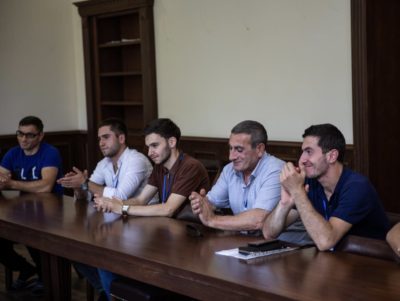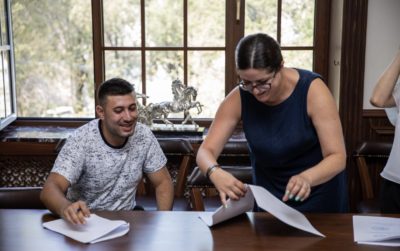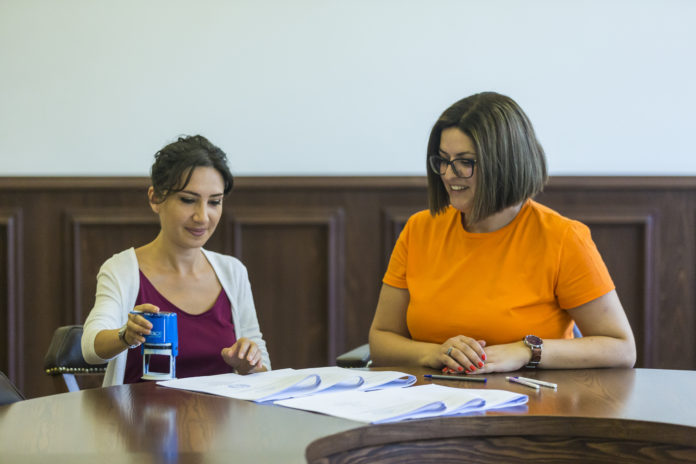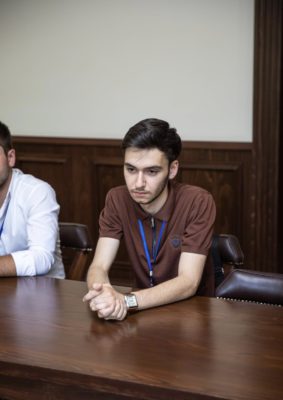By Cristopher Patvakanian
Special to the Mirror-Spectator
YEREVAN — The Aznavour Foundation has always been committed to supporting a stronger Armenia, during times of both peace and strife. The legendary chanson singer Charles Aznavour was a champion of efforts to provide humanitarian aid dating back to the 1988 earthquake, when he led a worldwide fundraiser and created the renowned Pour toi Arménie song to help the victims from Spitak. As such, it comes as no surprise that the Aznavour Foundation created programming to assist with the humanitarian crisis during and following the 2020 Artsakh war.
During the most urgent period of the war, direct aid and short-term support was a priority for the foundation, as it collected and transported over 175 tons of humanitarian aid to Armenia and Artsakh. Chief of Operations at the Aznavour Foundation Tatevik Sargsyan explained that after the immediate crisis, the organization recognized the important reality that, as she posed it, if “we really want to help those deprived of basic livelihood means, we need to ask ourselves ‘How will they carry on once our mission is over? Have we created a strong enough base for their long-term prosperity?’”

This led to the creation of the Grants to Wounded Soldiers program. The project aims to help volunteers who were injured or/and disabled during military service or/and hostilities through a grant to create their own businesses. This program is a collaboration with the Support to Wounded Soldiers NGO, which supports not only the physical and mental rehabilitation of gravely wounded soldiers but provides all types of available support to war veterans. In addition to a grant of 5,000 Euros, the initiative includes professional consulting, training throughout the implementation of the business idea, and monitoring of the business.
“This supervision measure allows us to make sure that the grantee is supported not only during actual groundwork, but also the operation stage. This is crucial for the sustainability of any entrepreneurial idea, since the first year is usually the most challenging for any new business,” Sargsyan added.










